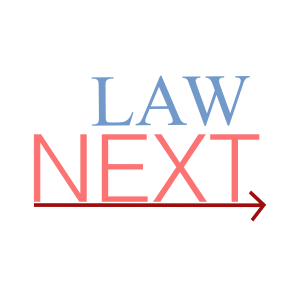
Ep 180: A Deep Dive into the First Comprehensive Study of Regulatory Reforms in Arizona and Utah
 2022-10-25
2022-10-25
Among the most divisive issues facing the legal profession today is that of revising the rules that regulate law practice – and more specifically the questions of whether to liberalize the rules to allow those who are not licensed lawyers to own law practices or to engage in the practice of law. Two states, Arizona and Utah, have implemented regulatory schemes loosening restrictions on law practice, and other states are considering similar revisions to their rules.
Now, Stanford Law School’s Deborah L. Rhode Center on the Legal Profession has published a comprehensive study of the data coming out of Arizona and Utah, giving us what may be the first real evidence-based look at this issue. It finds that the reforms in those states are spurring substantial innovation, that they are critical to serving lower-income populations, and that they do not pose any substantial risk of consumer harm.
On today’s LawNext, we are joined by the two principal authors of that study: David Freeman Engstrom, co-director of the Rhode Center, and Lucy Ricca, director, policy and programs, at the Rhode Center, and formerly executive director of the Utah Office of Legal Services Innovation — the office that oversees the so-called regulatory sandbox in that state. They walk us through how they conducted the study, what they found, and what they would like to see come of the findings.
Read the report: Legal Innovation After Reform: Evidence from Regulatory Change.
Thank You To Our Sponsors
This episode of LawNext is generously made possible by our sponsors. We appreciate their support and hope you will check them out.
- Paradigm, home to the practice management platforms PracticePanther, Bill4Time, and MerusCase, and e-payments platform Headnote.
If you enjoy listening to LawNext, please leave us a review wherever you listen to podcasts.
More Episodes
Create your
podcast in
minutes
- Full-featured podcast site
- Unlimited storage and bandwidth
- Comprehensive podcast stats
- Distribute to Apple Podcasts, Spotify, and more
- Make money with your podcast
It is Free
- Privacy Policy
- Cookie Policy
- Terms of Use
- Consent Preferences
- Copyright © 2015-2024 Podbean.com





